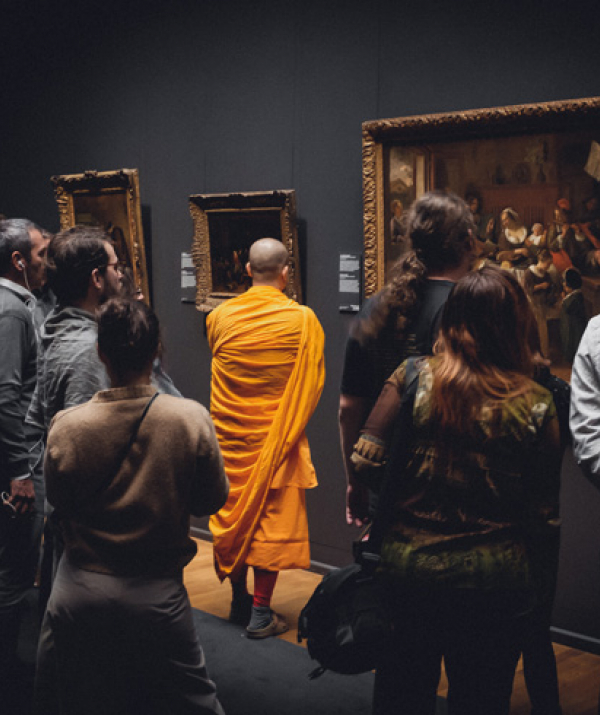Như bông hoa tươi đẹp, có sắc lại thêm hương; cũng vậy, lời khéo nói, có làm, có kết quả.Kinh Pháp cú (Kệ số 52)
Người ta thuận theo sự mong ước tầm thường, cầu lấy danh tiếng. Khi được danh tiếng thì thân không còn nữa.Kinh Bốn mươi hai chương
Những căng thẳng luôn có trong cuộc sống, nhưng chính bạn là người quyết định có để những điều ấy ảnh hưởng đến bạn hay không. (There's going to be stress in life, but it's your choice whether you let it affect you or not.)Valerie Bertinelli
Việc đánh giá một con người qua những câu hỏi của người ấy dễ dàng hơn là qua những câu trả lời người ấy đưa ra. (It is easier to judge the mind of a man by his questions rather than his answers.)Pierre-Marc-Gaston de Lévis
Kẻ không biết đủ, tuy giàu mà nghèo. Người biết đủ, tuy nghèo mà giàu. Kinh Lời dạy cuối cùng
Khi thời gian qua đi, bạn sẽ hối tiếc về những gì chưa làm hơn là những gì đã làm.Sưu tầm
Phải làm rất nhiều việc tốt để có được danh thơm tiếng tốt, nhưng chỉ một việc xấu sẽ hủy hoại tất cả. (It takes many good deeds to build a good reputation, and only one bad one to lose it.)Benjamin Franklin
Bạn có biết là những người thành đạt hơn bạn vẫn đang cố gắng nhiều hơn cả bạn?Sưu tầm
Nếu không yêu thương chính mình, bạn không thể yêu thương người khác. Nếu bạn không có từ bi đối với mình, bạn không thể phát triển lòng từ bi đối với người khác.Đức Đạt-lai Lạt-ma XIV
Đừng làm một tù nhân của quá khứ, hãy trở thành người kiến tạo tương lai. (Stop being a prisoner of your past. Become the architect of your future. )Robin Sharma
Đừng chọn sống an nhàn khi bạn vẫn còn đủ sức vượt qua khó nhọc.Sưu tầm
Trang chủ »» Danh mục »» TỦ SÁCH RỘNG MỞ TÂM HỒN »» none »» How Buddhists Can Benefit from Western Philosophy »»
 Xem Mục lục
Xem Mục lục  Vietnamese || Đối chiếu song ngữ
Vietnamese || Đối chiếu song ngữ

DO NXB LIÊN PHẬT HỘI PHÁT HÀNH
Mua sách qua Amazon sẽ được gửi đến tận nhà - trên toàn nước Mỹ, Canada, Âu châu và Úc châu.
Quý vị đang truy cập từ IP 136.243.220.212 và chưa ghi danh hoặc đăng nhập trên máy tính này. Nếu là thành viên, quý vị chỉ cần đăng nhập một lần duy nhất trên thiết bị truy cập, bằng email và mật khẩu đã chọn.
Chúng tôi khuyến khích việc ghi danh thành viên ,để thuận tiện trong việc chia sẻ thông tin, chia sẻ kinh nghiệm sống giữa các thành viên, đồng thời quý vị cũng sẽ nhận được sự hỗ trợ kỹ thuật từ Ban Quản Trị trong quá trình sử dụng website này.
Việc ghi danh là hoàn toàn miễn phí và tự nguyện.
Ghi danh hoặc đăng nhập